|
Getting your Trinity Audio player ready...
|
My life in South Africa started in Southern Rhodesia, but was delayed by 25 years because of UDI in Rhodesia. So it actually began in 1990 when I first went to the foot of the vast continent of Africa, and was hurled into the middle of an attempted coup in Umtata the capital of Transkei.
Nelson Mandela was still imprisoned on Robben Island and the process of dismantling apartheid was well underway. I took a succession of three-month trips to Durban, helping to set-up scratch card lotteries for the government. And the work began in the Transkei homeland, Nelson Mandela’s birthplace. After the Transkei, we established a lottery for the charity, Operation Hunger, in Johannesburg. And when that was done, I moved to Cape Town, staying there until leaving South Africa for Thailand in 2011.
The twenty years disappeared in a flash and my cup overflowed with amazing stories and memories of one of the most beautiful but troubled countries on earth.
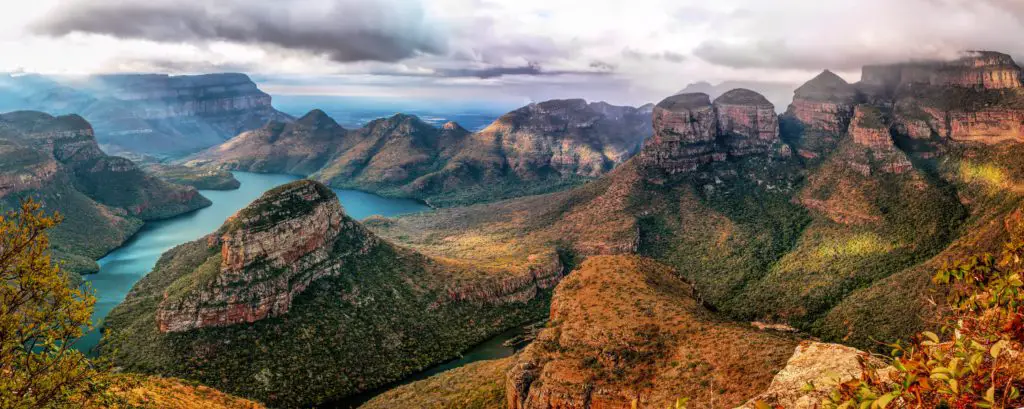
Why it took 25 years from Southern Rhodesia to South Africa?
Truth to tell, in the end I never even stopped off in Southern Rhodesia on my way to South Africa in 1990. And by the time I flew further south, it had been renamed Zimbabwe.
On 11th November 1965, when the world heard the news that Southern Rhodesia had declared UDI (Unilateral Declaration of Independence) I was devastated. I had been selected to represent the combined British tobacco companies in a party of cricketers to tour Southern Rhodesia for six weeks. We were to be the guests of Southern Rhodesia tobacco farmers and would have, by all accounts, been royally accommodated and entertained.
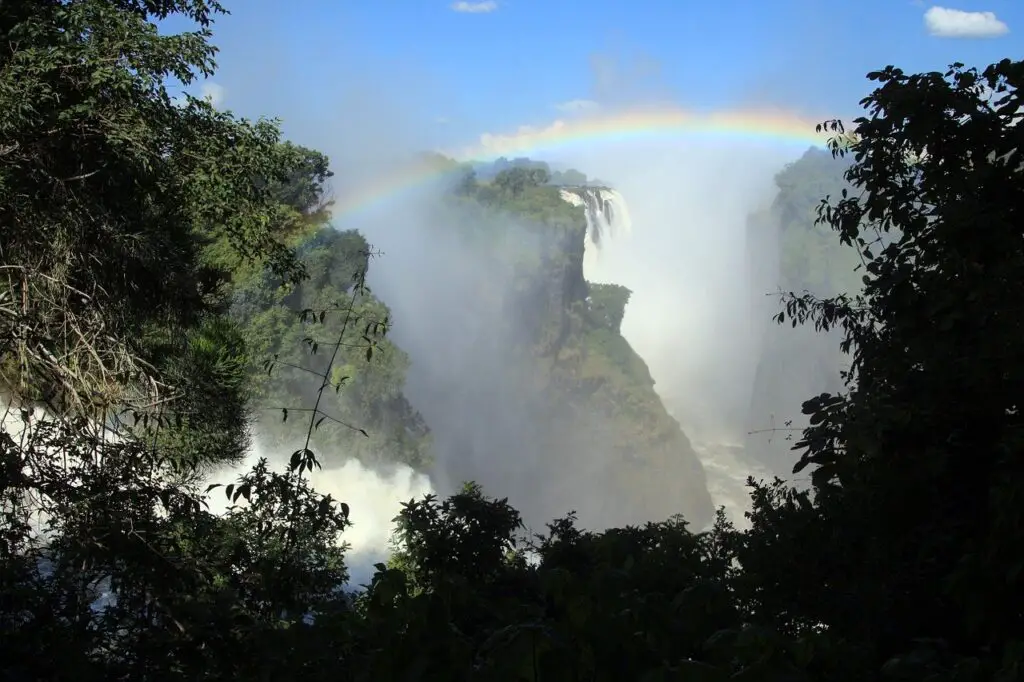
Matches were scheduled against teams of a higher standard than we played against each weekend in England. But we were selected from four club sides that were strong, and were confident of performing well. The party was chosen from John Players in Nottingham, British American Tobacco Company in Southampton, WD&HO Wills and Imperial Tobacco in Bristol.
Shattered dreams
All expenses including an allocation of ‘fun’ money for personal use were to be provided by the British tobacco companies. Our salaries would continue to be paid as though we were still making ‘cigarettes’. We had even been fitted for tour blazers. My bags were packed and I almost had one foot on the plane. With one stroke of a pen, a young man’s dream of visiting Africa was shattered by a bunch of politicians on the other side of the world.
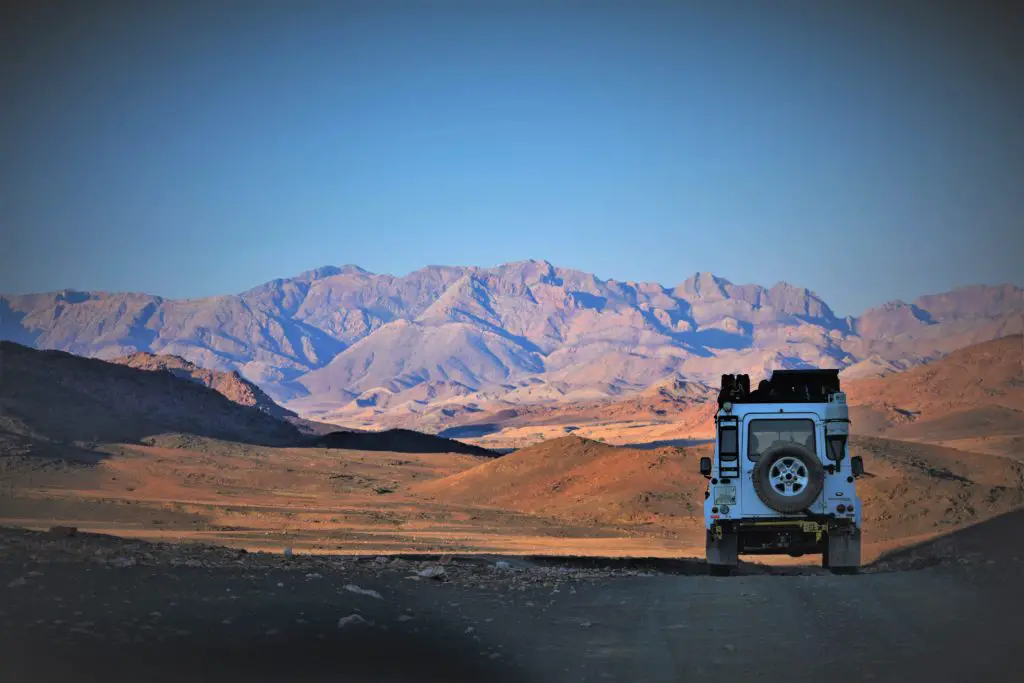
UDI in Southern Rhodesia
The Unilateral Declaration of Independence (commonly referred to as UDI) was a statement adopted by the Cabinet of Rhodesia on 11 November 1965, announcing that Rhodesia, a British territory in southern Africa that had governed itself since 1923, now regarded itself as an independent sovereign state.
The culmination of a protracted dispute between the British and Rhodesian governments regarding the terms under which the latter could become fully independent, it was the first unilateral break from the United Kingdom by one of its colonies since the United States Declaration of Independence nearly two centuries before.
Britain, the Commonwealth and the United Nations all deemed Rhodesia’s UDI illegal, and economic sanctions, the first in the UN’s history, were imposed on the breakaway colony. Amid near-complete international isolation, Rhodesia continued as an unrecognised state with the assistance of South Africa and Portugal. (Source Wikipedia)
North, West and East Africa
I visited the Gambia, Kenya and Morocco between 1979 and 1983. But it wasn’t until November 1990, twenty-five years after Rhodesia’s Prime Minister Ian Smith made the fateful declaration, which scuppered the tour, that I eventually made it to South Africa.
In 1964 Northern Rhodesia became Zambia and in 1980 Southern Rhodesia became Zimbabwe.
First stop Durban
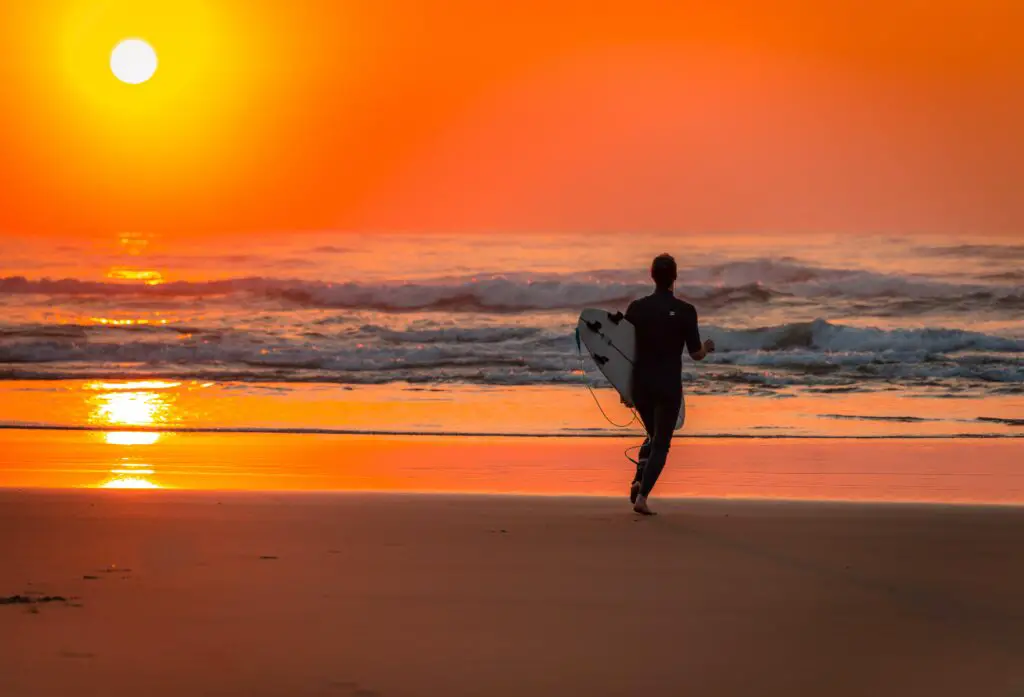
As I stepped off the plane to a typically hot and humid Durban day fellow passengers must have been questioning my sanity as I was heard to say, without explanation. So a journey that normally takes 12 hours took a record breaking 25 years.
I had waited so long and wasn’t about to waste a minute of my three month stay, especially as there was business to be done between socialising, exploring and learning as much as I could about South Africa. My business partner’s son who was already in Durban had rented an apartment on the beach front at Umhlanga Rocks (just north of the City) which became home for the three bachelors.
Out of the English winter and into the South African summer meant it wasn’t long before I was frolicking in the warm waters of the Indian Ocean prior to frolicking in Durban’s boisterous night life. Swimming in Durban’s Indian Ocean requires great care. The surf is big and so are the sharks. I took far less care in the evenings and was more likely to drown in the excessive hospitality that Durban was renowned for.
A Hairy but Exciting drive South
The first week flashed by. We left Umhlanga as the sun was rising and headed south. David and I were joined by another David the journey on the N2 through Kokstad, which we hoped would get us to Umtata before nightfall. Umtata, which was renamed Mthata, was the capital of the former Homeland of Transkei.
The Homelands
During the Apartheid years 10 Bantustans (Homelands), which were areas allocated to blacks, were demarked for independence. After the end of white rule in 1993 the Homelands experiment was abandoned, and South African citizenship was restored to the residents and the homelands were re-integrated again with the provinces.
Entering the Transkei
South African David chose to drive the 450 kilometres, so I was able to relax and take in the landscape. I over-indulged on every inch of the breath-taking scenery. Though it was late in the day I saw no signs to indicate that we had crossed a border.
However, there was a marked change in the landscape which rather gave the game away. One minute the cattle were in the fields, nicely fenced off from the road; then suddenly they were in the road, and the only visible fence was lying flat on the ground. It didn’t take much to figure out we were no longer in Natal, but had crossed the invisible line, and were now in the Transkei.
Arriving in Umtata
Night was falling fast, and we were still some way from our destination, Umtata. The condition of the roads had deteriorated so the combination of failing light, potholes in shadow and the occasional cow in the headlights lengthened the journey time appreciably. It was mostly wilderness between towns, and there was no accommodation for travellers. So we ploughed on to Umtata in the dark, on a road with more potholes than a war zone.
Before we left Durban there were rumours of an attempted coup in the Transkei. Nothing had been confirmed, but as we drew closer to Umtata, I had the feeling there may be some truth in the rumour. There were no telltale signs, but a feeling of trepidation and a few scary moments dodging potholes was unsettling my mind.
An unexpected welcome and the real value of Castle lager
Thank heaven that South African David knew these parts well, spoke fluent Xhosa and had the foresight to put a 24 pack case of Castle Lager in the back of the car.
I didn’t realise the significance of the lager, nor did I know its real worth until we hit a ‘roadblock’ shortly after crossing the border between Natal and Transkei. The border post was manned by a handful of soldiers, each of whom brandished an AK47 with all the care that a child would handle a water pistol. This was no regular roadblock, and the soldiers were not highly trained, disciplined military.
Despite the heat of the night my skin felt decidedly chilly, and a prickly sensation settled on the back of my neck. Driver David appeared calm as he conversed in Xhosa with the halitosis ridden corporal whose head followed his AK47 through the open window. Sweating profusely, my body melted into the seat, as my lips were paralysed, and lockjaw set in. Six Castles lighter we were waved through. As my body began its recovery from the shock, I asked
‘What was that all about?’ In hindsight a stupid question.
‘Apparently there has been an attempted coup in Umtata and the President, Major-General Bantu Holomisa, has been ousted.’
‘Isn’t that where we are going?’
‘Yes’.
Attempted coups are usually unsuccessful
Taking a little comfort from David’s laid-back demeanour, I settled down, thinking how much I would have preferred driving in the opposite direction. We reached our destination, a rented house on the outskirts of Umtata. I showered and hit the sack.
It was hot as early as seven-thirty, so we were in for a sweltering day as we set off to the office in the centre of town. A couple of soldiers who had clearly got their hands on more cans of Castle lager than we could supply, were staggering around the centre trying to shoot the sun out of the sky. It must have been too hot for them also.
‘Is this normal?’ I stupidly enquired.
‘Fortunately it’s not an everyday occurrence, and attempted coups are usually unsuccessful.’
‘That’s good to know.’
Rebel Army Troops responsible
We learned later that a group of rebel army troops had mounted a coup attempt [21 November 1990]. They had attacked the main army camp in Umtata and eighteen people were reported killed in the fighting. Major-General Bantu Holomisa’s former second in command Colonel Craig Duli was the leader of the coup and was reportedly killed in the fighting.
Duli helped Holomisa seize power in a bloodless coup in 1987. From that point on the Transkei formed an alliance with the ANC and provided a safe haven for the ANC’s activities.
The outcome
Holomisa later accused the South African government of having had knowledge of Duli’s intended coup and of failing to warn him. He also alleged that members of the right-wing Afrikaner Weerstandsbeweging (AWB) were involved in guerrilla training near the Transkei border. Since Holomisa openly supported the African National Congress (ANC) relations between the Transkei and South Africa were strained.
He was opposed to the homeland system and held a referendum to decide on the possible reintegration of the homelands into South Africa, which enraged the SA government.
Murder
When he was asked about the fate of his opponents in the attempted coup, he claimed that they had died in the ensuing battles with Transkei Defence Force soldiers. The South African Foreign Minister, Pik Botha accused Holomisa of lying and threatened to withdraw all financial support and diplomatic recognition if Holomisa continued to link South Africa with the failed coup.
It was later found that those deemed responsible for the failed coup had only suffered minor injuries but were subsequently executed without trial.
Amnesty
Six people approached the Amnesty Commission of the Truth and Reconciliation Commission (TRC) to apply for amnesty in respect of conspiracy to commit treason. Four were granted amnesty and two were denied. In 1996 Holomisa was expelled from the ANC.
Cape Town – South Africa – and a Wake-up call
The Transkei experience was the forerunner of many close encounters I had in the next twenty years at the bottom of Africa, as I settled in Cape Town and became a permanent resident of the most beautiful city.
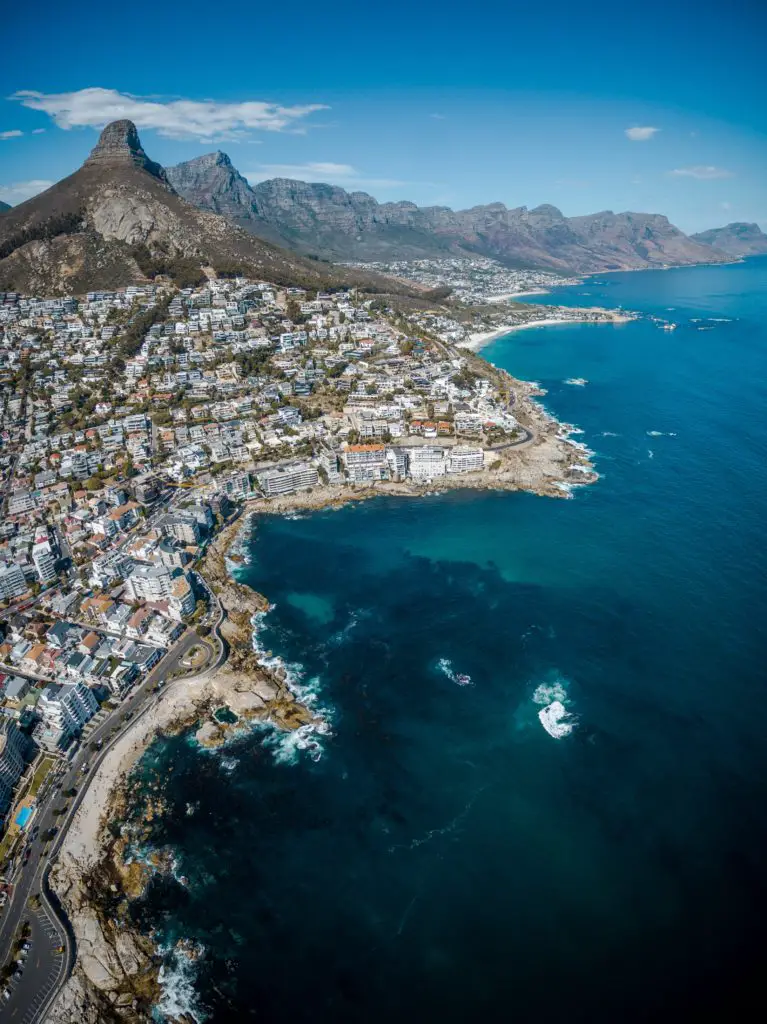
Although I may not have realised it at the time it opened my eyes to a vastly different world than the one I had inhabited in relative tranquillity for the previous 47 years. It was in many ways a rude awakening or a wakeup call which probably changed many preconceptions I may have held about South Africa and life itself.
Later Photos from Cape Town home
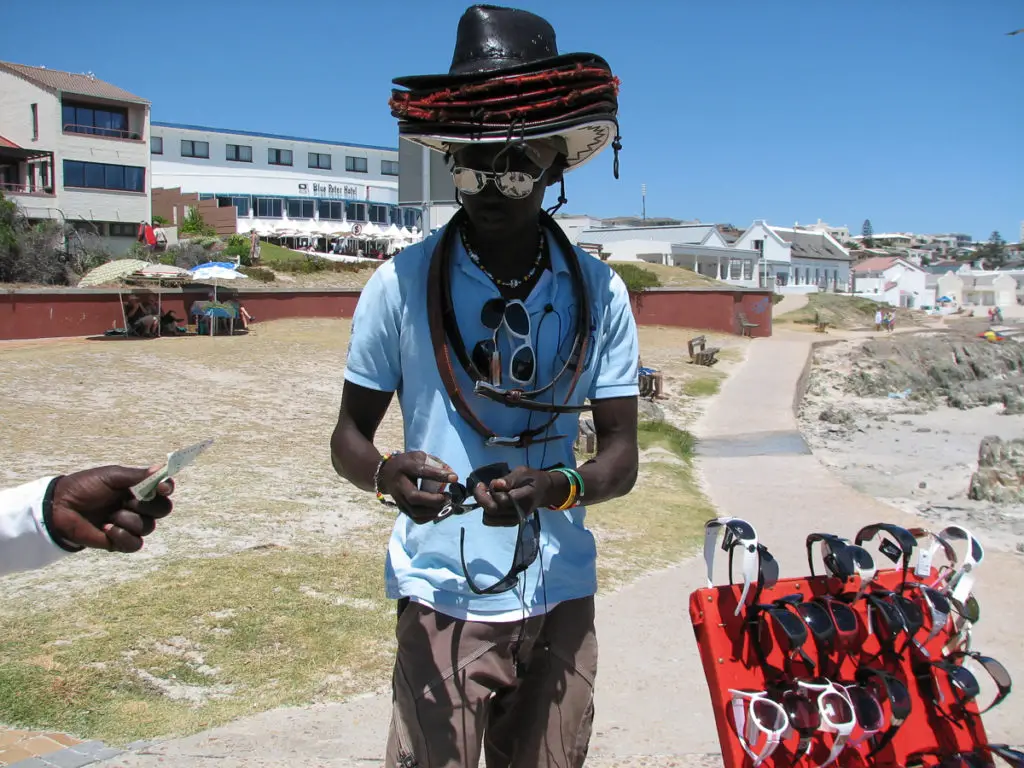
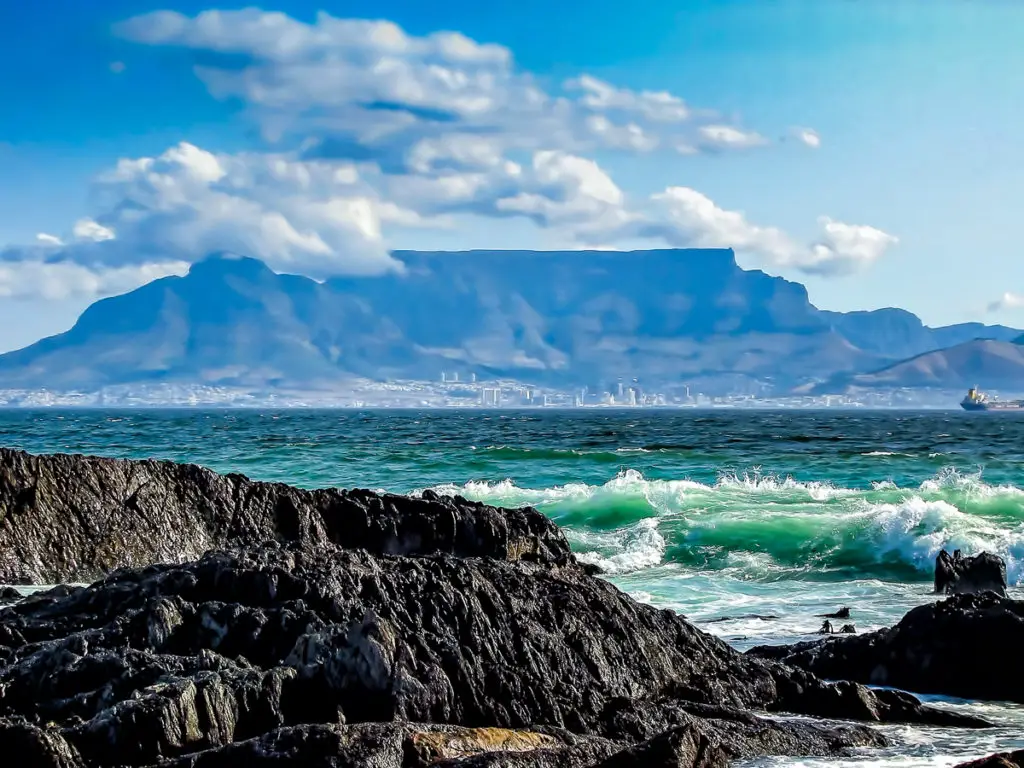
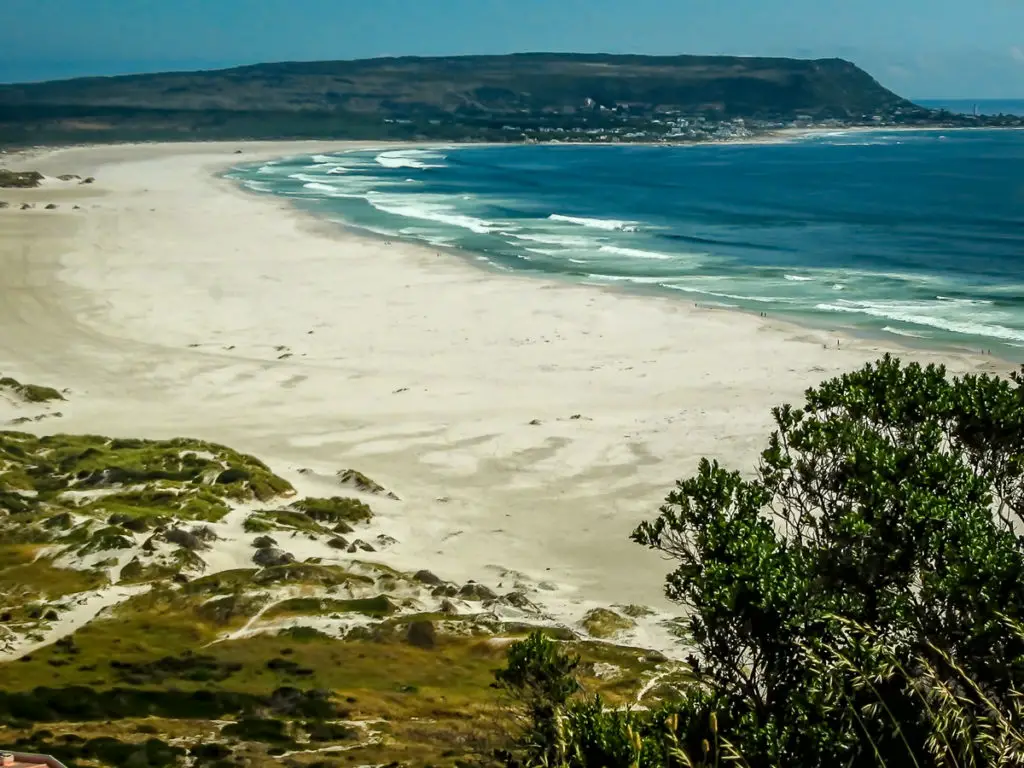
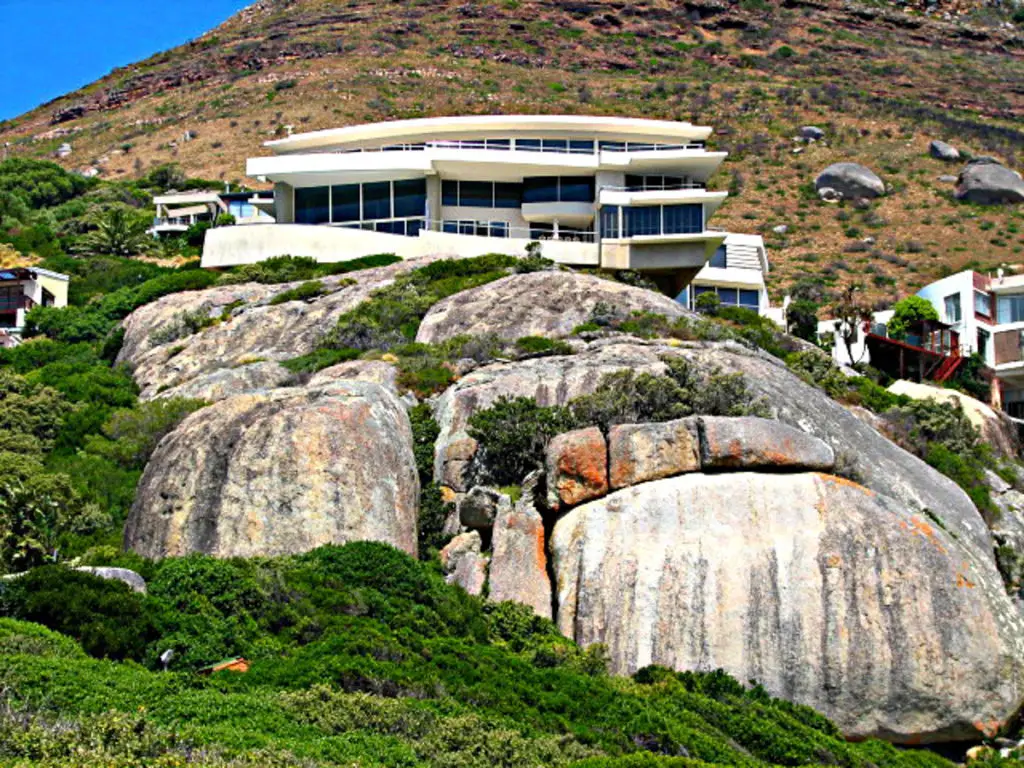
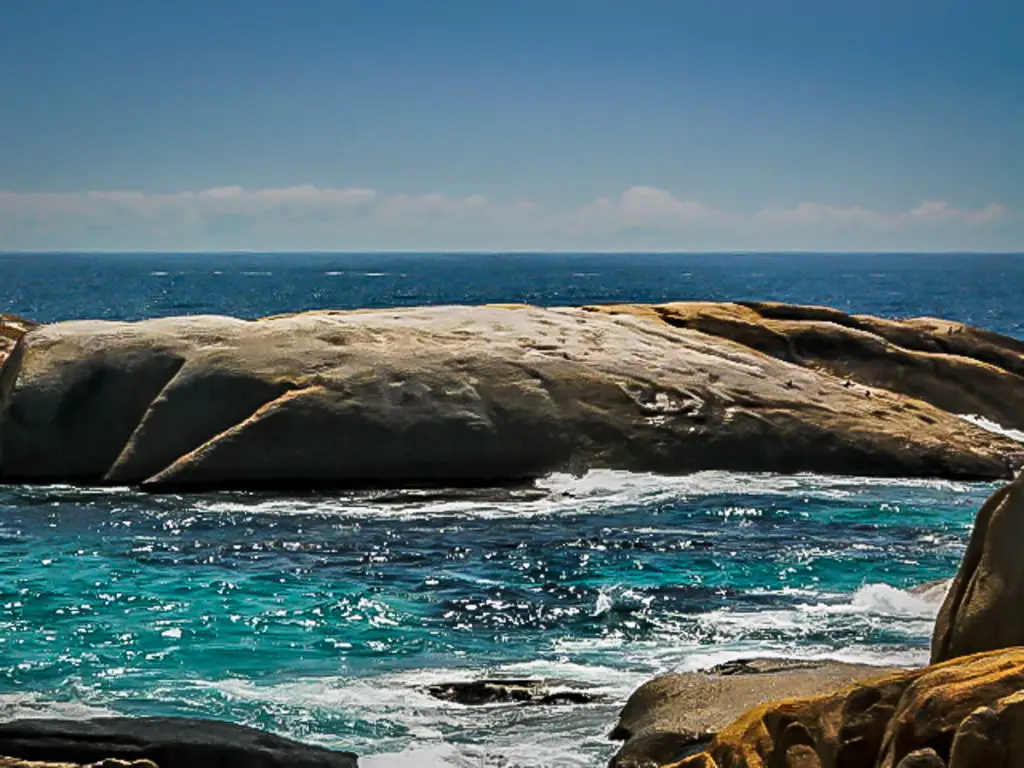


Thanks Svetlana. They were taken with my old Canon Powershot 5mp (shot in JPEG) years ago and long before I had any idea about photography. I just reworked them in Lightroom and Topaz so they look a lot better than the originals. I am now working on pre-digital scanned in prints from Trinidad Carnival circa 1983 for a post I am planning. Should be fun. Keep well. James
Thanks Svetlana. They were taken with my old Canon Powershot 5mp (shot in JPEG) years ago and long before I had any idea about photography. I just reworked them in Lightroom and Topaz so they look a lot better than the originals. I am now working on pre-digital scanned in prints from Trinidad Carnival circa 1983 for a post I am planning. Should be fun. Keep well. James
Wow. Stunning photos James. Love them.
Wow. Stunning photos James. Love them.